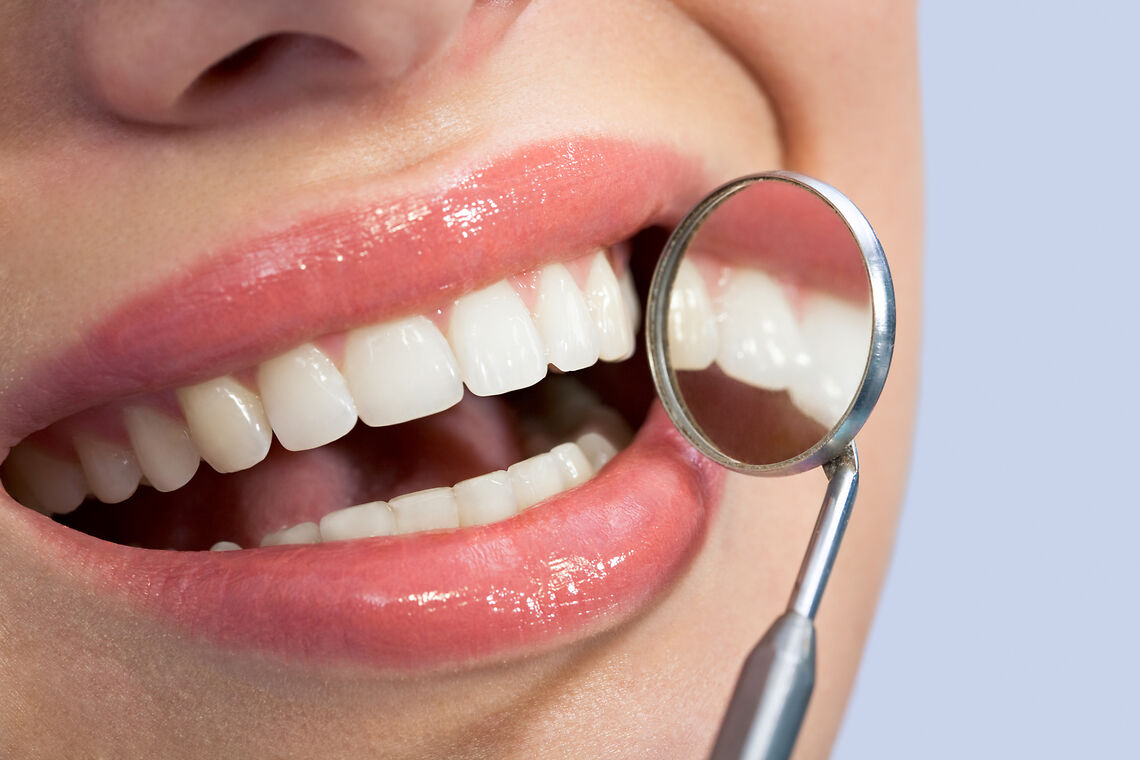Artificial intelligence (AI) is rapidly making its way into various aspects of dentistry, reshaping how dental practices operate and enhancing patient care. From back-office administration to clinical diagnostics, AI is proving to be an invaluable tool, streamlining processes and improving accuracy. Let’s explore the most common applications of AI in dental practices today, along with its role in imaging, diagnostics, and education.
 Photo Credit: Pressmaster/Shutterstock
Photo Credit: Pressmaster/Shutterstock
AI in Dental Practices: A Multitasking Assistant
AI is being integrated into several areas of dental practice, from administration to patient communication and clinical tasks. One of its major applications is improving office efficiency. AI-powered systems assist with emailing, texting, and scheduling appointments, providing seamless communication between the dental office and patients. It can also analyze patient charts, making it easier to retrieve critical data during appointments. AI is even capable of recording exam notes and automating administrative tasks that would otherwise consume hours of staff time.
On the clinical side, AI is emerging as a powerful tool for diagnosing dental issues. Advanced algorithms can detect cavities, bone loss, and even tumors by analyzing dental X-rays and scans. AI is also revolutionizing dental labs, assisting technicians with tasks such as scanning and 3D printing dental models to fabricate crowns, occlusal guards, and retainers. These developments save time, increase precision, and ultimately enhance patient outcomes.
In orthodontics, AI plays a significant role in treatment planning. By analyzing a patient’s oral structure, AI helps plan the best approach to straighten teeth more efficiently and effectively. The potential for AI in dentistry is vast, with endless opportunities for growth and improvement.
AI in Imaging and Diagnostics: A New Era of Precision
One of the most transformative applications of AI in dentistry is in the realm of imaging and diagnostics. AI systems powered by advanced machine learning algorithms can analyze radiographs, intraoral scans, and 3D images with incredible accuracy and speed. This technology allows dental professionals to identify cavities, fractures, bone loss, and tumors with a level of precision that rivals human ability.
Not only does AI enhance diagnostic accuracy, but it also reduces the time it takes to analyze complex imaging data. This leads to more efficient treatments and helps patients avoid unnecessary procedures. The result is improved patient outcomes and greater confidence in the accuracy of diagnoses.
The Role of AI in Treatment Planning and Dental Restoration
While AI is still in its early stages when it comes to predicting treatment outcomes or designing dental restorations, the possibilities are intriguing. Imagine AI-powered systems that could analyze a patient’s oral condition and predict the success rate of a specific treatment plan. While this application is still emerging, AI could soon be used to design crowns, bridges, and other restorations with minimal human intervention. Lab technicians are already using AI-assisted tools to scan and print dental models, so it’s only a matter of time before AI becomes a major player in treatment planning and restoration design.
Robotics and AI in Dental Surgery
While we are not yet at the point where AI-driven robots can perform dental surgeries on live patients, significant advancements are being made in this area. Several companies are currently working on developing robots that can assist with certain tasks, such as opening cavities and polishing teeth. Although no FDA-approved robots exist for live patient procedures, it’s clear that the future of dentistry may include robotic assistance for tasks that require extreme precision.
AI in Dental Education: Training the Next Generation of Dentists
AI is not just transforming clinical practices—it’s also revolutionizing the way the next generation of dentists is trained. AI-powered simulations and virtual reality platforms are allowing dental students to practice procedures in a risk-free environment, honing their clinical skills and building confidence without the stress of working on a real patient.
Additionally, AI-based assessment tools provide real-time feedback, allowing faculty to monitor student progress more closely and accurately. Intelligent tutoring systems can analyze a student’s performance, pinpoint areas of weakness, and provide customized learning materials, ensuring that students receive the personalized education they need. Adaptive learning platforms further enhance this process by tailoring educational content to meet the unique needs of each student.
Large language model (LLM)-based AI tools are also making their mark in dental education. These tools can assist students with dental essay writing, generate relevant content for research, and provide insights into complex topics, further supporting their learning process.
AI is changing the face of dentistry, from administrative efficiency to clinical diagnostics, treatment planning, and education. While the technology is still evolving, its potential is undeniable. AI is making dental care more accurate, faster, and patient-focused, all while offering students and professionals tools to enhance their skills. As AI continues to evolve, its role in dentistry will undoubtedly expand, bringing even more innovation and improvement to the field.
For more information or to schedule a consultation, contact Union Square Dental Practice today to discover how AI-driven innovations can enhance your dental care experience.
For more information, visit Union Square Dental Practice's social media:






















